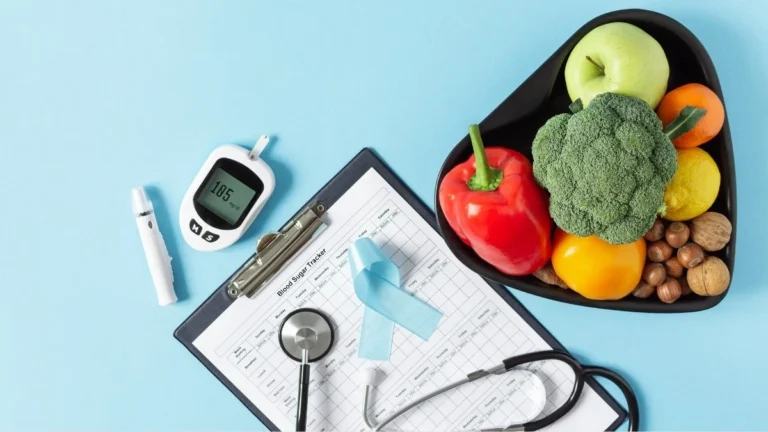The Silent Killer in Your Pantry: The Link Between Ultra-Processed Foods and Early Death

That ‘healthy’ granola bar in your pantry might be shortening your life by years—and you’d never know it from reading the label.
Most people believe they’re eating relatively healthy. They buy whole grain bread, organic snacks, and plant-based alternatives. But here’s the truth: ultra-processed foods make up over 60% of the average American diet. Research shows these foods are linked to a 31% increased risk of early death.
The real problem? You can’t identify these foods by appearance alone. They’re disguised as “natural,” “whole grain,” and even “organic” products. That protein bar looks healthy. Those veggie chips seem better than regular chips. Your kid’s “whole grain” crackers have a cartoon vegetable on the box.
The connection between ultra-processed foods and early death is now proven by science. Eating just 4 servings per day increases your mortality risk by 62%. A serving is one granola bar. One bowl of cereal. One frozen meal.
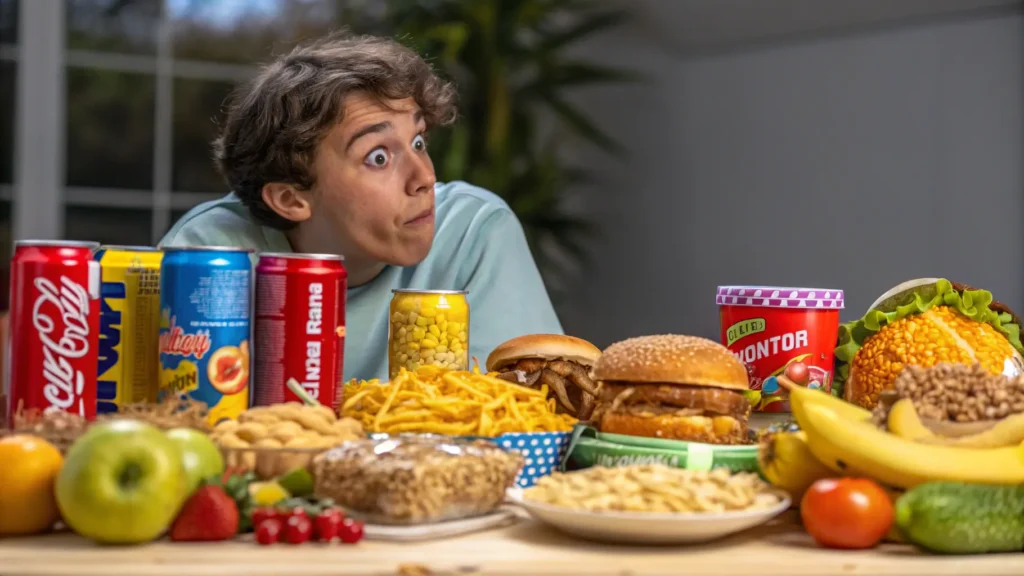
In this guide, you’ll discover what are ultra-processed foods and how to spot them in seconds. You’ll learn the specific health risks of processed foods—from heart disease to cancer to faster aging. Most importantly, you’ll get a practical replacement strategy that doesn’t require cooking from scratch or shopping at expensive stores.
You’ll know exactly how to avoid ultra-processed foods without losing your mind. Let’s start by identifying what you’re actually dealing with.
What Are Ultra-Processed Foods? (Not What You Think)
That organic protein bar? Ultra-processed. Your toddler’s ‘whole grain’ crackers? Ultra-processed. Even that plant-based burger you thought was healthy? Definitely ultra-processed.
What are ultra-processed foods? They’re industrial creations made with ingredients you’d never find in a home kitchen. Think maltodextrin, modified starches, and hydrogenated oils. If it has more than 5 ingredients and includes things you can’t pronounce, it’s probably ultra-processed.

Scientists use the NOVA system to classify foods into four groups. Group 1 is unprocessed (an apple). Group 2 is processed ingredients (butter, sugar). Group 3 is processed foods (canned beans, cheese). Group 4 is ultra-processed—and that’s what’s killing people.
Here’s the key difference: cheese is processed (milk + salt + culture). Cheese crackers are ultra-processed (30+ ingredients including artificial colors, emulsifiers, and preservatives). One is food. The other is a science experiment.
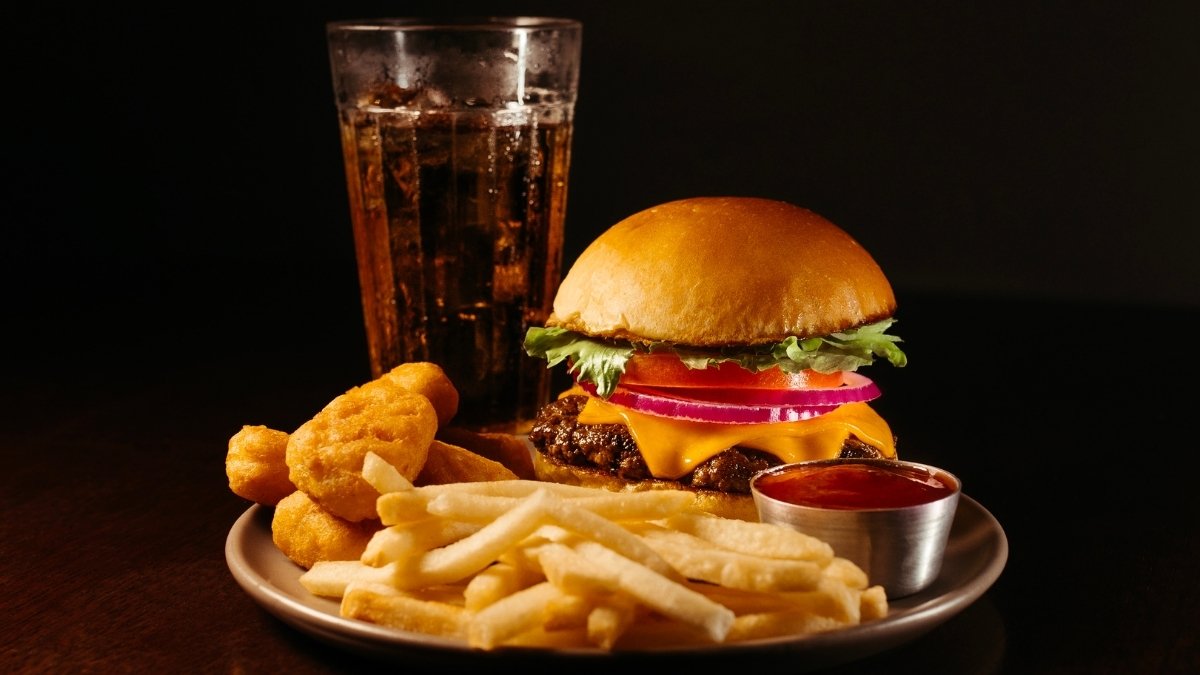
“Natural flavors” sounds healthy, right? Wrong. This term can mean dozens of lab-created chemicals. Companies use it to hide what’s really in your food. If you see “natural flavors” on a label, that product is ultra-processed.
Foods that shock people:
- Whole wheat bread (most store brands have 20+ ingredients)
- Flavored yogurt (more sugar than ice cream, plus thickeners)
- Plant-based meat alternatives (over 30 ingredients each)
- Breakfast cereals marketed to kids
- Store-bought smoothies
- Protein bars
- Instant oatmeal packets
- Flavored coffee creamers
- Granola (even the “healthy” brands)
- Veggie chips and straws
Here’s the scary part: 67% of calories consumed by American children come from ultra-processed foods. Your kids are eating chemistry experiments for breakfast, lunch, and snacks.
If it has ingredients that sound like a chemistry experiment, it’s ultra-processed. If you can’t picture the ingredient growing in nature, it’s a red flag.
Now that you know what they are, let’s examine exactly how these foods are destroying your health.
The Science: How Ultra-Processed Foods and Early Death Are Connected
Eating just four servings of ultra-processed foods per day increases your risk of death by 62%—but what counts as a serving might shock you. A serving is one granola bar. One bowl of cereal. One frozen meal. Most people eat 4-7 servings before lunch.
The research is clear and alarming. A 2019 study in the BMJ tracked 44,551 people for seven years. The results showed a 31% higher risk of early death for those eating the most ultra-processed foods. Dr. Maira Bes-Rastrollo, who led the study, found something even more concerning: for every 10% increase in ultra-processed food consumption, death risk jumped 14%.

Later studies from Harvard and the University of Paris confirmed these findings. Dr. Bernard Srour’s 2022 research revealed the dose-response relationship: people eating more than 4 servings daily had a 62% higher death risk compared to those eating fewer than 2 servings.
Here’s what’s happening inside your body. Ultra-processed foods trigger chronic inflammation. Your immune system releases proteins called cytokines to fight what it sees as foreign invaders—those chemical additives. This constant inflammation damages your cells over time. Think of it like a fire alarm that never stops ringing. Eventually, it damages the house.
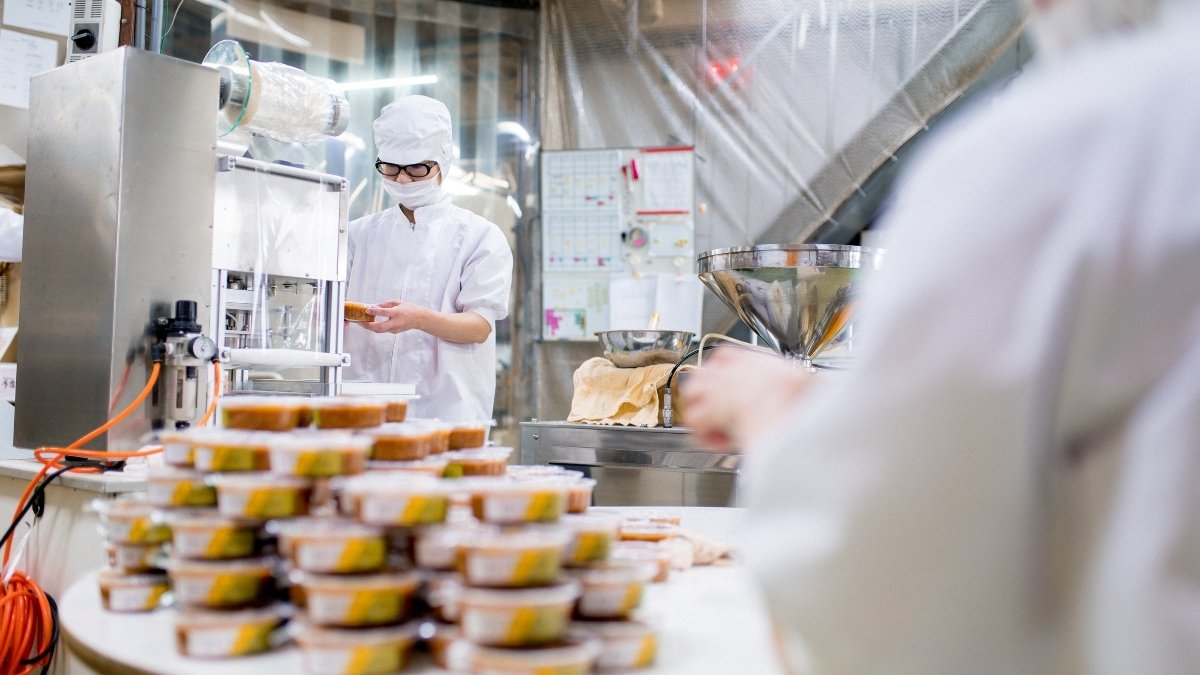
These foods also destroy your gut bacteria, spike your blood sugar repeatedly, and trigger addictive responses in your brain similar to drugs. The health risks of processed foods show up as cardiovascular disease (the leading cause of death), cancer (especially colorectal), and Type 2 diabetes.
The link between ultra-processed foods and early death gets stronger with every serving you eat. Cut your intake in half, and you slash your risk almost in half too.
These aren’t just abstract statistics. Let’s look at what’s actually happening inside your body.
The 5 Hidden Health Risks of Processed Foods You Need to Know
Your body wasn’t designed to process polysorbate 80, tertiary butylhydroquinone (TBHQ), or mono- and diglycerides—yet you’re probably eating all three today.
1. Cardiovascular Disease: The Arterial Time Bomb
Emulsifiers are destroying your blood vessels from the inside. These chemicals (found in bread, ice cream, and salad dressings) keep oil and water mixed. But they also strip away the protective mucus layer in your arteries. Without this protection, cholesterol sticks to artery walls more easily.

A typical frozen pizza contains 37 ingredients, including 6 different emulsifiers. Each one damages your arterial lining a little more. Add the sodium-potassium imbalance from processed foods (too much sodium, not enough potassium), and your blood pressure climbs. Studies show people eating the most ultra-processed foods have a 58% higher risk of heart attack.
2. Cancer Risk: The Slow-Growing Threat
Processed meats are classified as carcinogenic by the World Health Organization. Each daily serving of processed meat increases colorectal cancer risk by 18%. The culprits are nitrates and nitrites—preservatives that form cancer-causing compounds called nitrosamines when cooked at high heat.
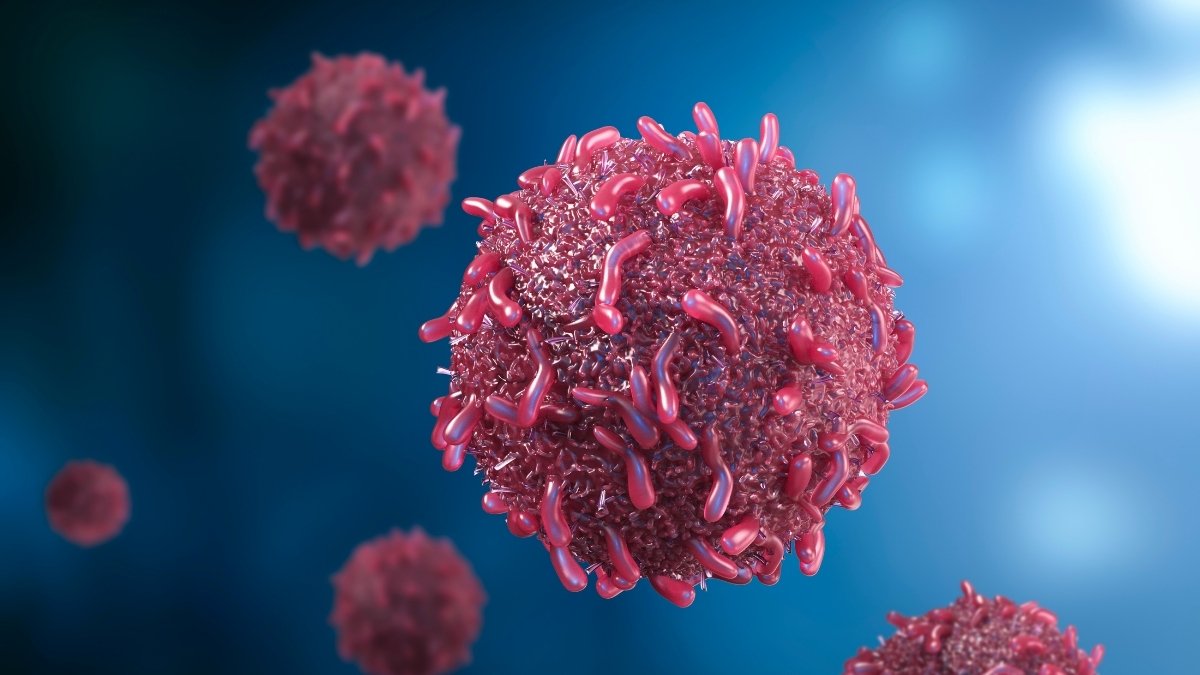
But it’s not just meat. When starchy foods (like potato chips or French fries) are fried or baked above 250°F, they form acrylamide—a probable carcinogen. The health risks of processed foods extend to dozens of additives that researchers suspect cause cancer, though proving it takes decades.
3. Metabolic Syndrome: Your Body’s Confusion
Your pancreas wasn’t designed for the blood sugar roller coaster. Ultra-processed foods spike your blood sugar fast, then crash it hard. Do this several times a day for years, and your cells stop responding to insulin properly. This is insulin resistance—the first step toward Type 2 diabetes.

Meanwhile, your liver starts storing fat it can’t process. Visceral fat (the dangerous kind around your organs) accumulates. A 2021 study found that people eating 4+ servings of ultra-processed foods daily were 3 times more likely to develop metabolic syndrome within 5 years.
4. Mental Health Decline: The Brain-Gut Connection
Depression rates are 43% higher in people who eat the most ultra-processed foods. This isn’t just about feeling sluggish after eating junk food. These foods fundamentally change your brain chemistry. They reduce production of serotonin (your happiness chemical) by damaging the gut bacteria that produce it.

Take carrageenan, a thickener in almond milk, ice cream, and deli meat. Research shows it causes intestinal inflammation that disrupts the gut-brain axis. A 2020 study found that people who ate the most ultra-processed foods had a 33% higher risk of dementia. Your brain physically shrinks when fed a steady diet of these foods.
5. Accelerated Aging: You’re Not Just Living Shorter
Your cells are aging faster than they should. Scientists measure aging by looking at telomeres—protective caps on the ends of your DNA (like plastic tips on shoelaces). Every time a cell divides, telomeres get shorter. When they’re gone, the cell dies.

Ultra-processed foods accelerate telomere shortening through oxidative stress. These foods also create advanced glycation end products (AGEs)—proteins that got “caramelized” by sugar. AGEs make your skin wrinkle, your joints stiffen, and your organs age faster. One study found that high ultra-processed food consumption aged people’s cells by nearly 2 years.
The damage compounds over time, which is why starting today matters more than being perfect tomorrow.
KEY TAKEAWAYS:
- 4+ servings daily = 62% higher death risk (vs. fewer than 2 servings)
- Every 10% increase in consumption = 14% higher death risk
- Four ways these foods harm you: inflammation, gut damage, blood sugar chaos, addictive properties
- Top killers linked to ultra-processed foods: heart disease, cancer, diabetes, dementia
- Your cells age 2 years faster when you eat high amounts of ultra-processed foods
How to Avoid Ultra-Processed Foods Without Losing Your Mind
You don’t need to become a chef or shop at expensive health food stores. You just need three strategies and a willingness to read labels for two weeks until it becomes automatic.

Start with the 80/20 rule. Focus on replacing the worst offenders first—breakfast cereals, packaged snacks, and frozen meals. You don’t need to be perfect. Reducing intake from 70% to 40% of your diet cuts your mortality risk in half.
Simple Food Swaps (Zero Cooking Required)
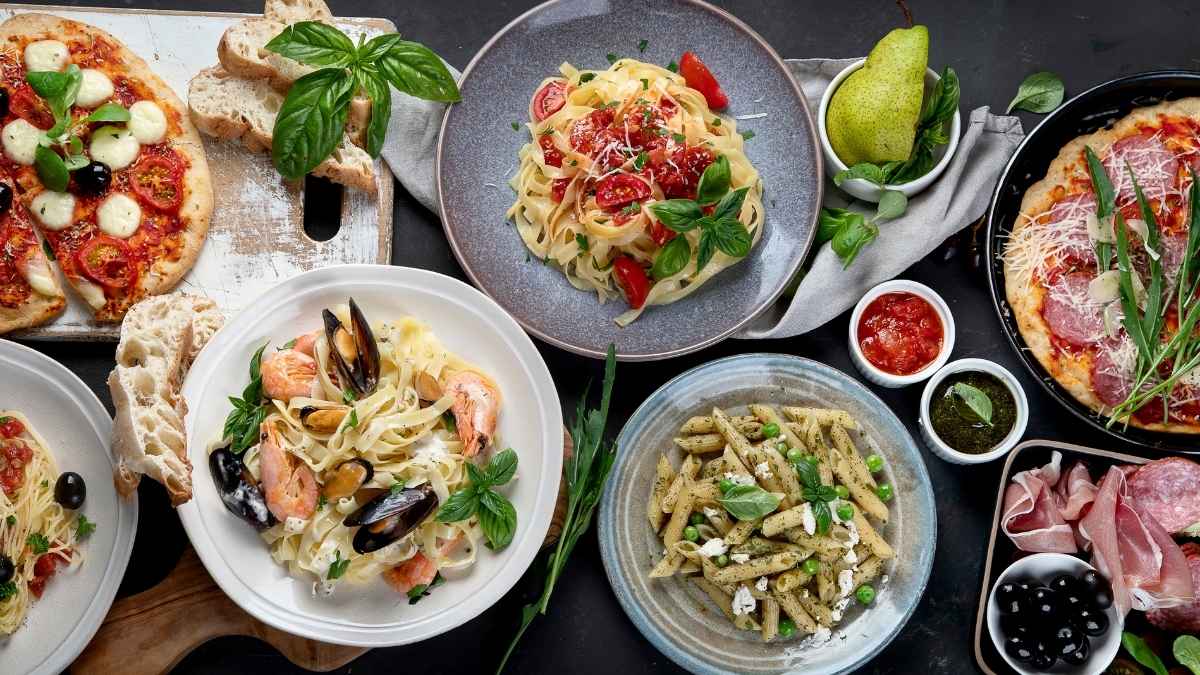
Breakfast:
- Instant oatmeal packets → Steel-cut oats + fresh fruit (3 minutes in microwave)
- Fruit yogurt cups → Plain Greek yogurt + real berries
- Breakfast cereal → Eggs + whole grain toast (5 minutes)
Lunch:
- Deli meat sandwiches → Rotisserie chicken + lettuce wrap
- Canned soup → Bone broth + leftover vegetables
- Frozen burritos → Whole grain tortilla + black beans + avocado
Dinner:
- Frozen pizza → Naan bread + jarred sauce + real cheese + vegetables
- Boxed mac and cheese → Pasta + real cheddar + milk (same cook time)
- Chicken nuggets → Baked chicken thighs with seasoning (20 minutes)
Snacks:
- Protein bars → Handful of almonds + apple
- Flavored chips → Air-popped popcorn with olive oil and sea salt
- Granola bars → Bananas + peanut butter
- Cheese crackers → Real cheese + whole grain crackers (check label)
The perimeter shopping strategy works—mostly. Real food lives around the store edges: produce, meat, dairy, eggs. But here’s the catch: even perimeter items can be ultra-processed. That flavored yogurt? Ultra-processed. Pre-marinated meats? Check the ingredients.
3 Batch Cooking Recipes for People Who Hate Cooking

Recipe 1: Sheet Pan Chicken (Makes 12 meals) Throw chicken thighs, potatoes, and vegetables on a pan. Add olive oil and salt. Bake 40 minutes at 400°F. Done. Eat it for lunch all week.
Recipe 2: Slow Cooker Chili (Makes 10 servings) Ground beef, canned tomatoes, beans, onion, spices. Cook on low for 6 hours. Freeze half for later.
Recipe 3: Rice Bowl Base (Makes 15 meals) Cook a big pot of rice or quinoa. Add different proteins and vegetables each day. Same base, different meals.
Restaurant Survival Guide
Order this:
- Grilled proteins (chicken, fish, steak)
- Steamed or roasted vegetables
- Plain rice or baked potato
- Fresh salads (dressing on side)
Avoid this:
- Anything breaded or fried
- Creamy sauces (loaded with emulsifiers)
- “Signature” sauces (full of additives)
- Most appetizers (ultra-processed)
Fast food? Chipotle bowls, Panera salads with real chicken, and Subway with actual vegetables beat drive-thru burgers. Ask for ingredient lists—chains have them.
Handling Family Pushback
Your partner thinks you’re being extreme. Your kids want their usual snacks. Your parents say “we ate this stuff and we’re fine.” Here’s how to avoid ultra-processed foods without causing family wars.
Don’t announce you’re changing everything. Just swap one item per week. Replace the kids’ fruit snacks with real fruit and cheese. They might complain once, then forget.

Let them choose the swap. “We’re replacing these crackers. Want to pick: regular Triscuits or cheese and apple slices?” Giving control reduces resistance.
Keep some convenience foods. You’ll eat ultra-processed foods sometimes. Birthday parties happen. Road trips exist. That’s fine.
Start with one meal. Replace breakfast this week. Next week, tackle snacks. In a month, you’ll have transformed 80% of your diet without feeling deprived.
Final Thought:
The connection between ultra-processed foods and early death is no longer debatable. Eating 4+ servings daily increases your mortality risk by 62%. These foods aren’t just “unhealthy”—they actively damage your cardiovascular system, increase cancer risk, disrupt your metabolism, harm mental health, and accelerate aging.
But you don’t need to be perfect. Start with a pantry audit. Focus on the 80/20 principle. Make strategic swaps that fit your life.

Replace breakfast foods this week. Swap instant oatmeal for steel-cut oats. Trade fruit yogurt cups for plain Greek yogurt with real berries. Next week, tackle snacks—switch protein bars for nuts and fruit. The week after, fix dinners by replacing frozen pizza with naan bread, sauce, and real cheese.
In one month, you’ll have dramatically reduced your family’s exposure to ultra-processed foods. You’ll feel better. Your kids will have more energy. Your health markers will improve.
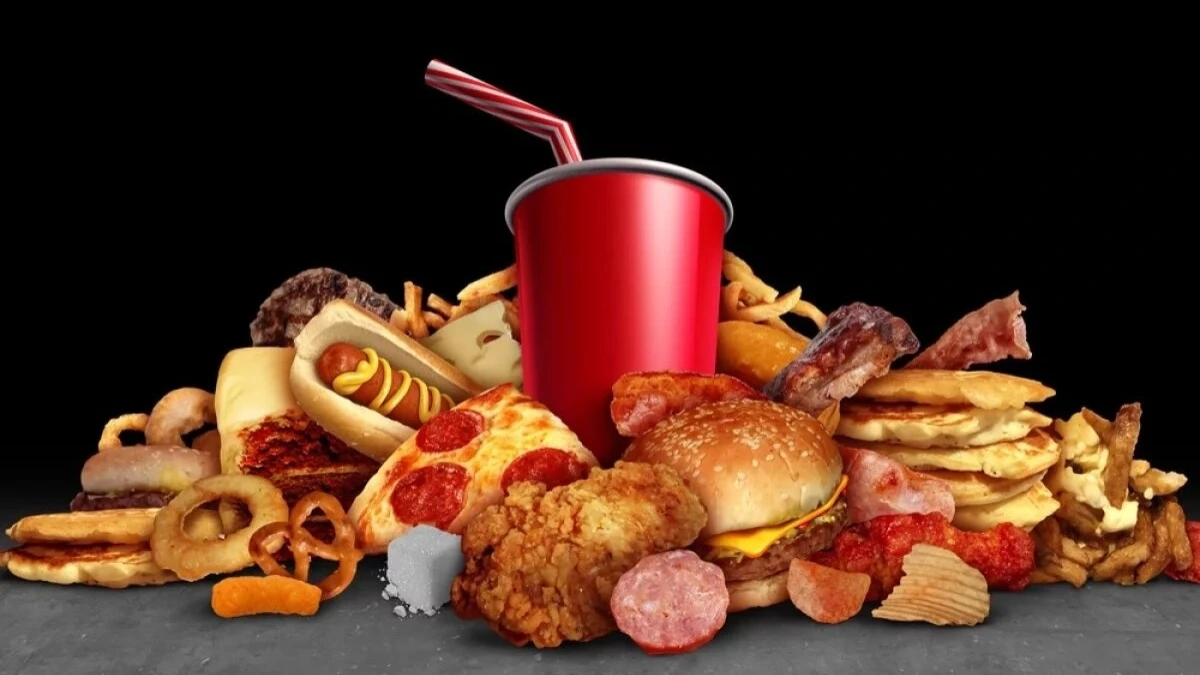
Go to your pantry right now. Pick up three items and read the ingredient lists. You’ll be shocked by what you find—and that awareness is the first step toward adding years to your life.
Learning about ultra-processed foods and early death isn’t about fear—it’s about empowerment. You now have the knowledge to make choices that could add a decade to your life. Start today. Your future self will thank you.





